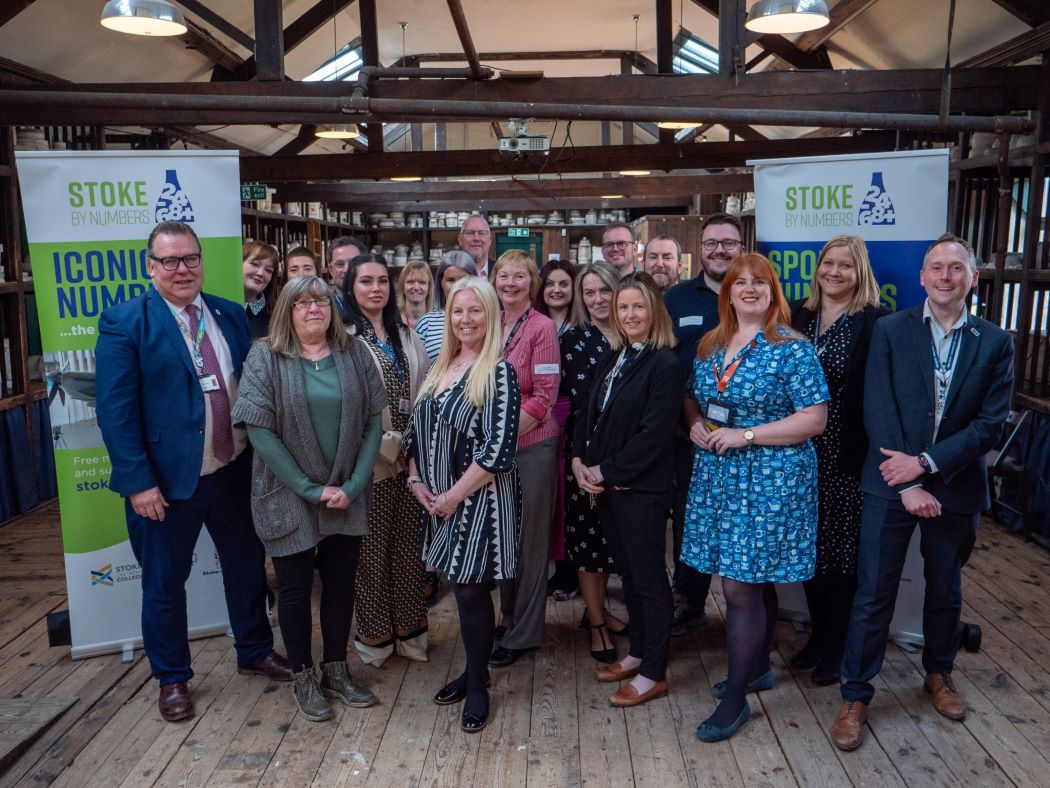How FE can Bridge the Finance Skills Gap

The UK is facing a financial skills shortage, a challenge that threatens not only the long-term viability of the finance industry, but the sustainability of businesses and the health of the wider economy.
In September 2024, Skills England identified nearly 1 million workers in occupations in demand within the financial services and insurance sector. An additional 418,000 technical roles were also in elevated demand in finance functions across all other industries last year.
If traditional routes into accountancy are no longer enough to fill the gaps, it’s time to rethink the role of further education to attract, train, and retain talent.
Routes into Finance
For too long, accountancy has been pigeonholed as a career for graduates, with a perception of individuals in pin-striped suits crunching numbers behind closed office doors. This outdated image may have deterred many talented individuals from entering the profession.
The solution? As an industry, we must break down these stereotypes, show that accountants can and need to come from all walks of life and champion the diverse pathways that apprenticeships and FE routes offer.
Many entry level qualifications do not, in fact, require a background in business or accountancy, or even previous qualifications. There are multiple pathways into a finance career, whether through apprenticeships, from those straight from school, or as retraining opportunities for career changers, or upskilling programs for those already in the workforce.
What are the barriers blocking learners and workers from accessing high-quality, practical training that equips them for the real-world? How can educators, training providers and the government help bring them down?
Clarity for Employers
The one thing everyone can agree on is the lack of consistent policy in recent decades. This is as much a barrier for employers as for learners. If the Labour government can foster a more stable and clear further education environment, employers will feel confident that FE qualifications are aligned with their needs, in terms of both skills and resources.
More investment in apprenticeships and vocational qualifications that provide the real-work skills for a strong career would benefit individuals, employers, and the economy.
Investing in Reskilling
Research conducted for National Apprenticeship Week reflects a growing desire to take up further education mid-career with 68% of jobseekers aged 35-44 having considered apprenticeship routes. Many cited the immediate application of skills in the workplace.
However, many professionals hesitate to switch careers or take time out to upskill due to a scarcity of funded apprenticeship places, being unsure of which route as there are so many, or the fear of taking a wage hit.
More support is needed for lifelong learning, particularly for those upskilling or reskilling mid-career. The Lifelong Loan Entitlement (LLE) is a step in the right direction but should expand to include lower-level qualifications that lead to employment or higher technical education.
Entry-level qualifications across the sector provide learners with access at any age, regardless of experience or qualifications. Targeted funding should also prioritise reskilling for senior roles in accountancy.
Changes to the Apprenticeship Levy
Recent changes to the apprenticeship levy aim to simplify the funding process and provide clearer, more stable support for training programs. For employers, this means reduced administrative burdens and a more direct route to invest in quality training.
With three-in-five UK workers employed by SMEs, clear guidance on how these businesses will be able to access funds under the new Growth and Skills Levy will be essential. Until now, the system has proven to be too complex to navigate for many small businesses, leaving them unaware of the support the Apprenticeship Levy offers them.
A simplified way to access these funds could allow businesses to better focus on what truly matters: recruiting and nurturing talent. In turn, this creates a cycle where well-trained apprentices not only fill current vacancies but also bring fresh perspectives and new technological skills into organisations.
Meeting Industry Needs Through Flexibility
Another significant factor in unlocking diverse and mid-career talent is flexibility.
With age can often come increased responsibilities: some may have children, others may care for elderly family, and most will need to run a household as well as interests and hobbies for a rounded life. All will need to learn the balancing act essential to a successful life.
Two in three jobseekers, and half of female respondents to our February survey, expressed that flexible hours and scheduling would significantly increase their likelihood of pursuing an apprenticeship. The same is likely to be true for other FE routes.
Training must also fit around people’s busy lives. By adopting flexible learning models as another option for prospective students, training providers can ensure training not only meets but exceeds the expectations of today’s diverse learner base.
Embracing AI and beyond
The skills shortage we face isn’t solely about a dwindling number of new entrants, it’s also about meeting the evolving needs of the industry. In 2025, accountants need to be able to do more than add up the figures; they need to understand commercial opportunity, interpret data, communicate complex financial concepts, and advise on responsible business practices. This means that training must extend beyond traditional methods and syllabus to incorporate real-world challenges and modern technology.
The future of accountancy is being reshaped by technological advancements such as AI and automation. As AI continues to evolve, so too must the skill set of the finance professional.
We need to make clear that AI isn’t here to replace accountants, however, it’s here to empower them and will undoubtable change the way they do their work. By automating routine tasks, AI allows professionals to focus on their value-add for clients and stakeholders: helping them to understand the numbers with strategic insights, data analysis, and financial strategies to drive business success. But to do this ethically, legally and in full knowledge of the risks of using various technologies: workers need training first.
Employer-aligned bodies are uniquely positioned to weave these future skills into our qualifications: having a major impact on the future skills base of the UK.
Already, apprenticeships offer a prime environment to learn through experience, understand workplace relationships and develop social skills. But everyone needs these ‘power’ skills.
By integrating modules on practical digital literacy, data analytics, and AI, we can also equip learners with the tools they need to excel in a modern workplace. This is not just about keeping up with change, it’s about leading it and on a global scale.
A Path Forward for the UK Finance Sector
The finance skills gap is not an insurmountable challenge; it’s an opportunity to attract a pool of talent who may have previously felt a career is finance wasn’t for them. Through apprenticeships, flexible learning models, and forward-thinking initiatives, we can reshape our industry to meet demands.
However, we also need the government to do its part by providing appropriate funding for employers and issuing greater clarity on further education options for potential learners.
By working together employers, educators, AOs, and policymakers alike, we can ensure that the UK economy has the finance talent equipped with the skills needed for growth.
By Sarah Beale, CEO, Association of Accounting Technicians(AAT)










Responses